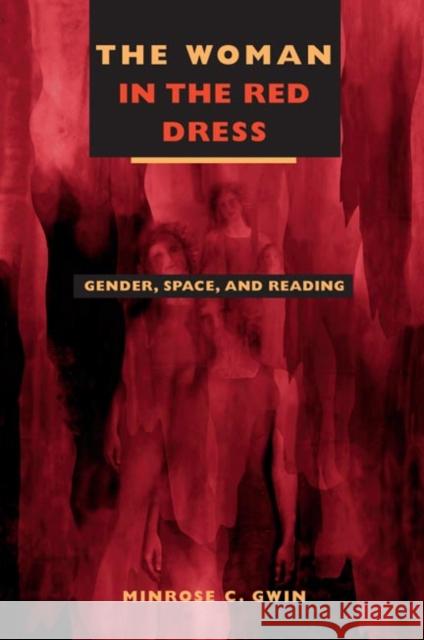The Woman in Red Dress: Gender, Space, and Reading » książka
The Woman in Red Dress: Gender, Space, and Reading
ISBN-13: 9780252027321 / Angielski / Twarda / 2002 / 232 str.
Minrose Gwin's lyrical meditation on material, textual, and cultural space in women's literature covers a varied terrain, encompassing how space is configured and experienced in narrative and how those dimensions can reshape the reader's imaginative encounters with questions of identity, location, and transformation. Ranging widely among contemporary writers such as Joy Harjo, Toni Morrison, Sandra Cisneros, Keri Hulme, Gcina Mhlope, and Marlen Haushofer, Gwin proposes the intersection of reading and space as a site for locating gender in specific social relations, geographies, and histories, as well as dislocating gender in terms of how it can be imagined. Like the transformed woman in the red dress of Harjo's poem "Deer Dancer", literature and the reading of it can create spaces of possibility, engagement, and danger leading into and out of physical, social, and historical constriction. Graceful and impassioned, "The Woman in the Red Dress" offers important new approaches to narratives about father-daughter incest, stories that contaminate the myth of home as a safe space and map a geography of sexual violence, victimization, and survival. Gwin situates her analysis of fiction such as Morrison's "The Bluest Eye", Alice Walker's "The Color Purple", Dorothy Allison's "Bastard out of Carolina", and Jane Smiley's "A Thousand Acres" within contemporary debates concerning survivor discourse, theories of domestic space, and issues of race and class. She also explores books - such as Hulme's "The Bone People" - that enter a murky and liminal queer space in which gender itself travels and the most claustrophic physical and social spaces can unexpectedly unhinge and open. Assaying the mysterious process by which readers are moved and re-moved by the stories they read, Gwin's provocative study links those narratives to questions of home and travel, place and displacement, materiality and metaphor, identity and imaginative flight.











